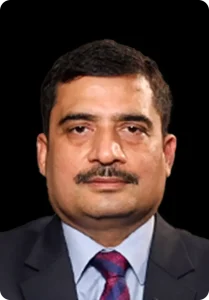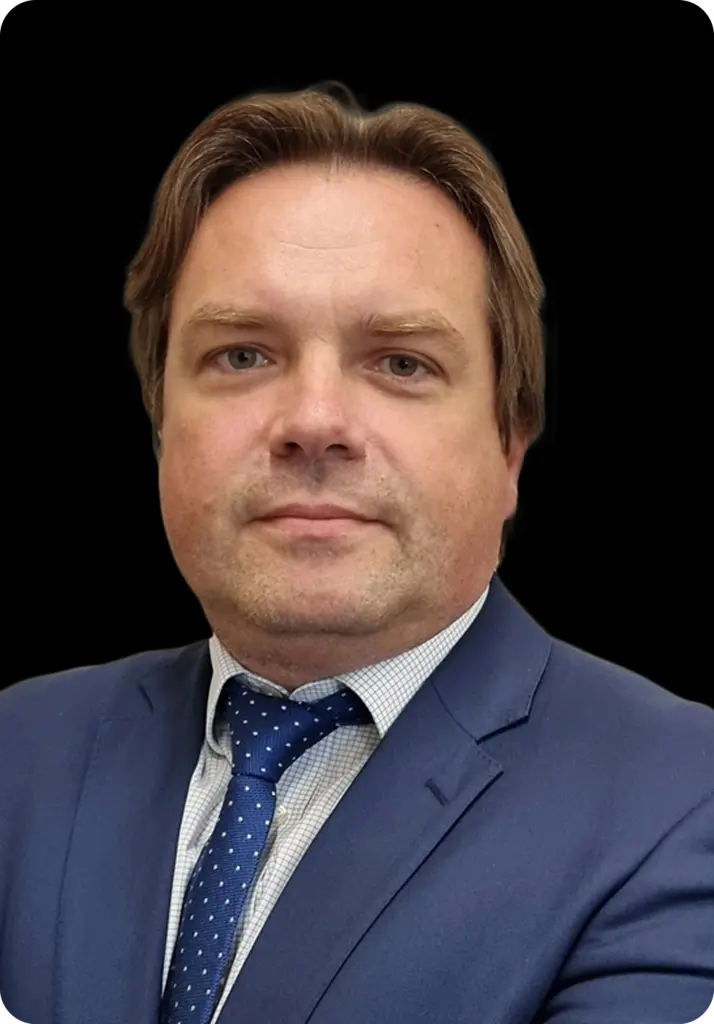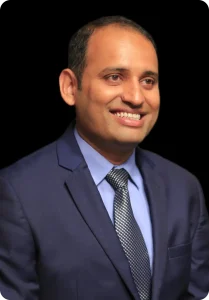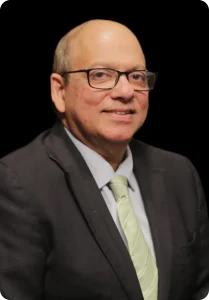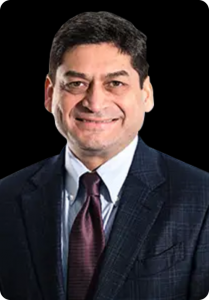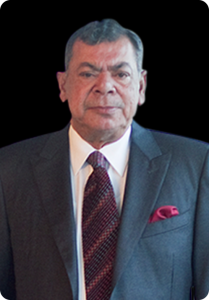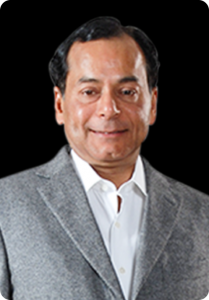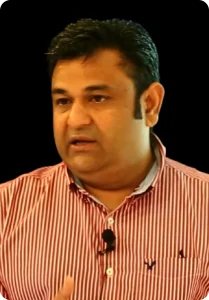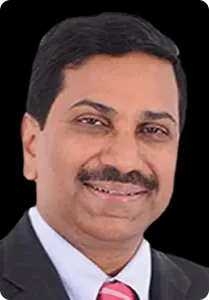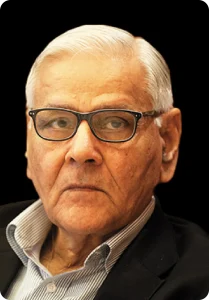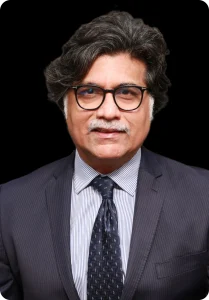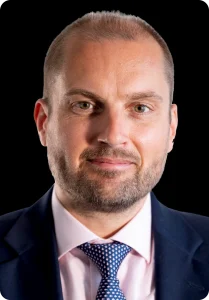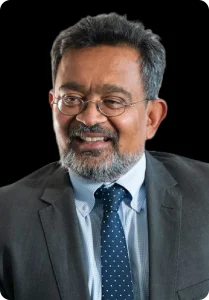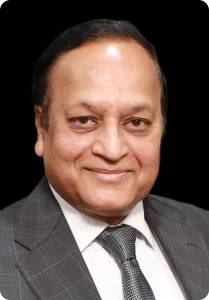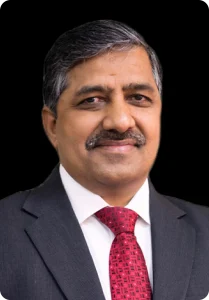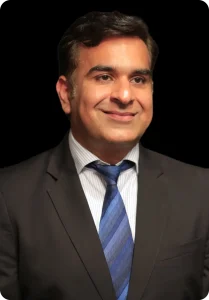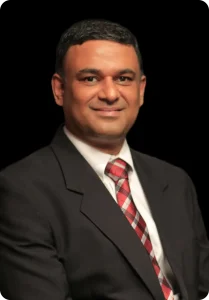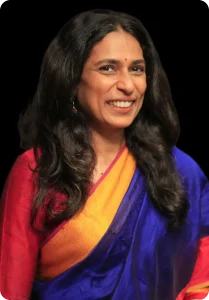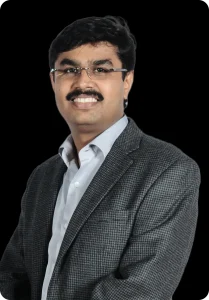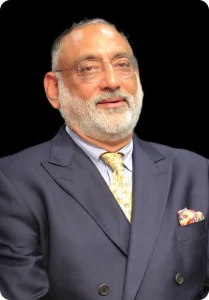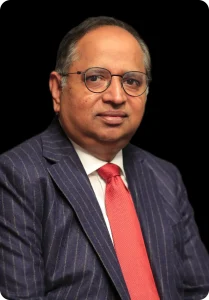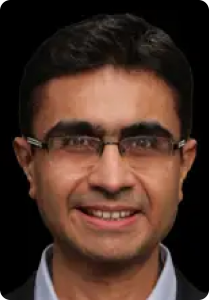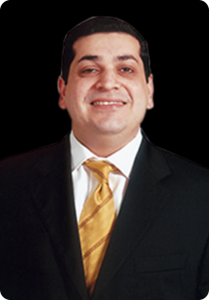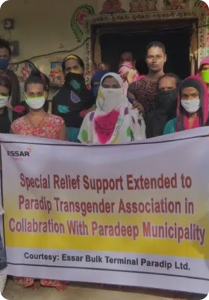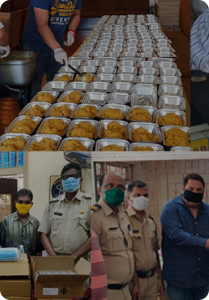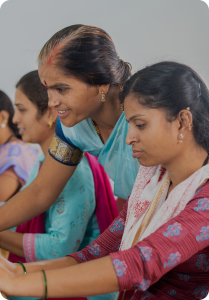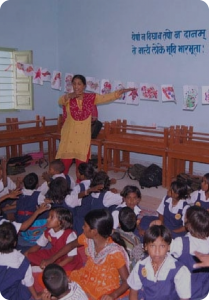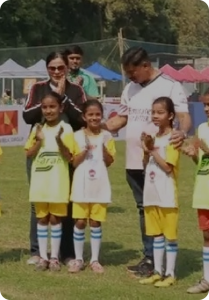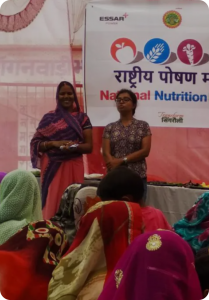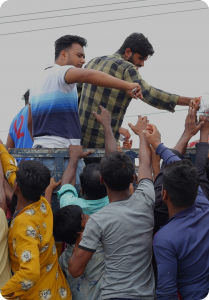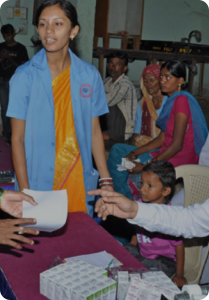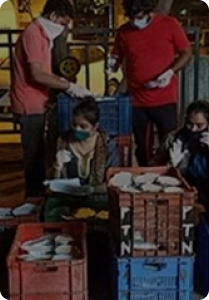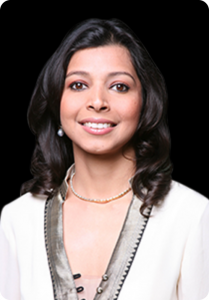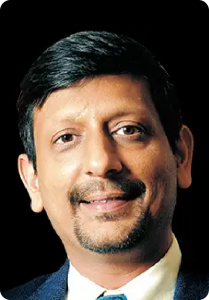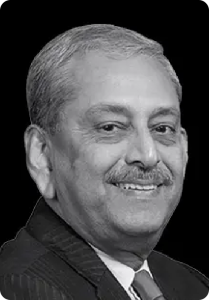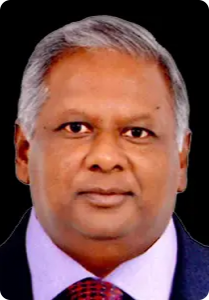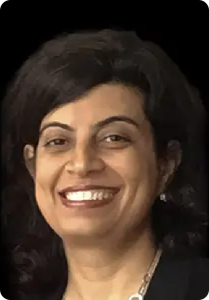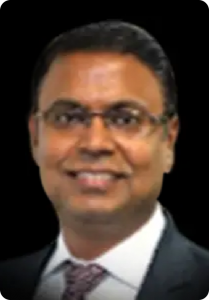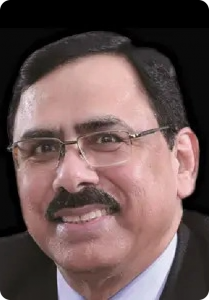Essar Foundation supported the Non-Government Organisation ‘Paasmaan-e-adab’ in hosting an informative online seminar on June 20, 2021 to initiate a scientific, fact-based conversation on post-COVID care for patients, their kin and for the general public. The discussion also alluded to the future of COVID in India, the possibility of a surge, and the importance of vaccines.
The Panel for the discussion was moderated by Dr. Om Shrivastav, Director, Infectious Diseases, Jaslok Hospital. The guests included Dr. Alpa Dalal, HOD-Chest Medicine, Jupiter Hospital, Dr. Gautam Bhansali, Bombay Hospital, Dr. Ali Akbar Gabhrani, Director and Dr. Matcheswalla’s Happy Minds
Dr. Shrivastav outlined the purpose of the session, along with briefly sharing his experience of dealing with patients during India’s catastrophic second COVID wave. He then proceeded to discuss several topics of importance with his esteemed panel of eminent doctors.
Watch recorded video
https://www.facebook.com/watch/?v=921241068423968
Experience of treating the patients during the second wave
All the panelists noted that they encountered a higher number of young patients during the second wave. This could be either because of this age group being kept out of the vaccination process till 1st May. Another grim fact was that patients in the second wave deteriorated quite rapidly. Dr. Dalal mentioned that some of her patients expired 3-4 days after discharge, due to post-COVID complications.
Dr. Bhansali spoke about the rapidly changing treatment guidelines that were followed during the second wave. He noted that Plasma therapy is not conclusively effective as of now and should be researched further. He also downplayed the role of Remdesivir, which was a much in-demand drug, and said that it’s not a life-saving magic medicine. As of now Oxygenation is the most crucial medical intervention to help patients.
Mental Health and Pandemic
Dr. Ali spoke about the need to take care of our mental well-being in the midst of pandemic. We should be calm and not panic even if we test positive. On a societal level, we should try to comfort the patients and not ostracize them. Alienation would make their recovery more difficult. While it is understandable to be anxious in these uncertain times, one should be pragmatic and hope for the best while adhering to all necessary protocols.
Dr. Dalal then followed up with an example of patients getting overstressed after receiving their CO-RADS scores or their CT scan levels. She told the audience that no one indicator is conclusively crucial to determine the health of the patient, and many readings fluctuate depending on the age, gender, and past medical history of the patient.
Immunity
Doctor Bhansali spoke about the importance of T-cells and the part they play in our immunity. The discussion alluded to the risk immuno-compromised patients have faced during the second wave. He further mentioned that immuno-modulators have played a crucial role in COVID so far and would continue to do so, given that we still don’t have a medicine yet and would be dependent on our natural immune system to survive COVID.
The doctors highlighted the increased severity of lung damage among COVID patients who were regular smokers. Smoking reduces the local immunity of the smoker’s lungs. Doctors advised all smokers to consider quitting smoking in light of this pandemic.
Dr. Ali clarified that all socio-economic groups are equally likely to be infected and should religiously follow all the precautionary measures, the SMS—Sanitise, Mask, Social distance.
Post-Covid Care
Nutrition and rehabilitation are the most important aspects of Post-Covid care of patients. Dr. Dalal’s colleagues have initiated a ‘tele-rehab’ program wherein the doctor connects with the patient via video call. This plan is customised for each patient depending on their lifestyle choices and their medical history.
Additionally, people who have lost loved ones to COVID should seek professional help.
Vaccines
All doctors emphasised the importance of taking the first vaccine available. All vaccines have been proven to significantly help reduce the transmission and severity of COVID infection. They also reiterated that people shouldn’t drop their guard after being vaccinated and should adhere to COVID appropriate behaviour.
The Path Ahead
We should expect COVID to be around for the next 2-3 years. Dr. Bhansali pointed out that as of now, we’re 3 months behind Europe when it comes to the arrival of COVID ‘waves’, so there’s a likelihood that we’ll experience a third wave in India soon, considering that cases are surging in the UK and Europe.
NOTE: THIS INFORMATION WAS SHARED VIRTUALLY IN PUBLIC INTEREST AND SHOULD NOT BE INTERPRETED AS PROFESSIONAL MEDICAL ADVISE. PLEASE CONSULT YOUR PHYSICIAN FOR SPECIFIC PROFESSIONAL ADVICE.


